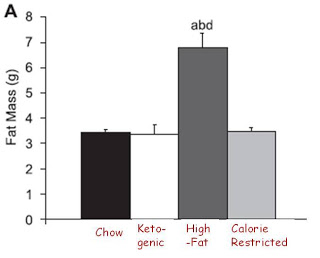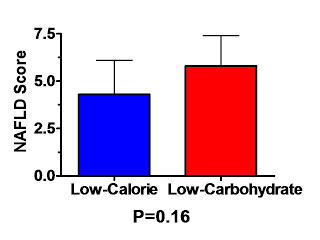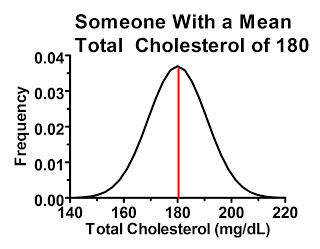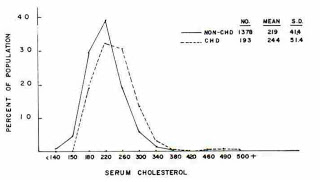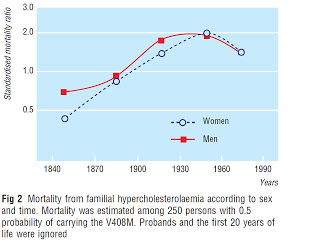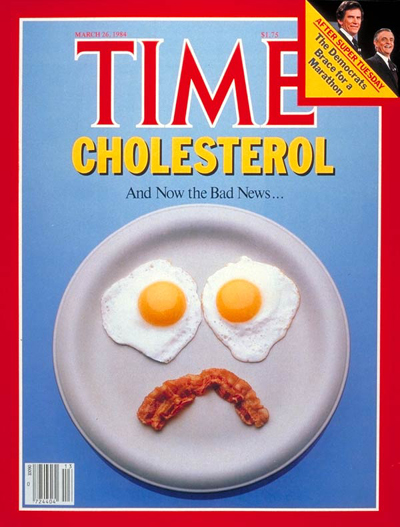My last post was political and got 17 comments just in the first six hours. I suppose that means I’m due for another post about religion, or one about sex. Given Stephan Guyenet’s recent post about the dangers of hyperpalatability, though, I’m inclined to obey the proverb “don’t take too much honey” and delicately sprinkle …
